American Inquiries
- The Blessings of Liberty
- Labor, Race, and the Struggle for Dignity
- Minority Experiences in American Education
- Poverty and Politics
- Science Fiction in an American Key: An Anthropologist Looks at the Genre
- Sports in American Life
The Blessings of Liberty
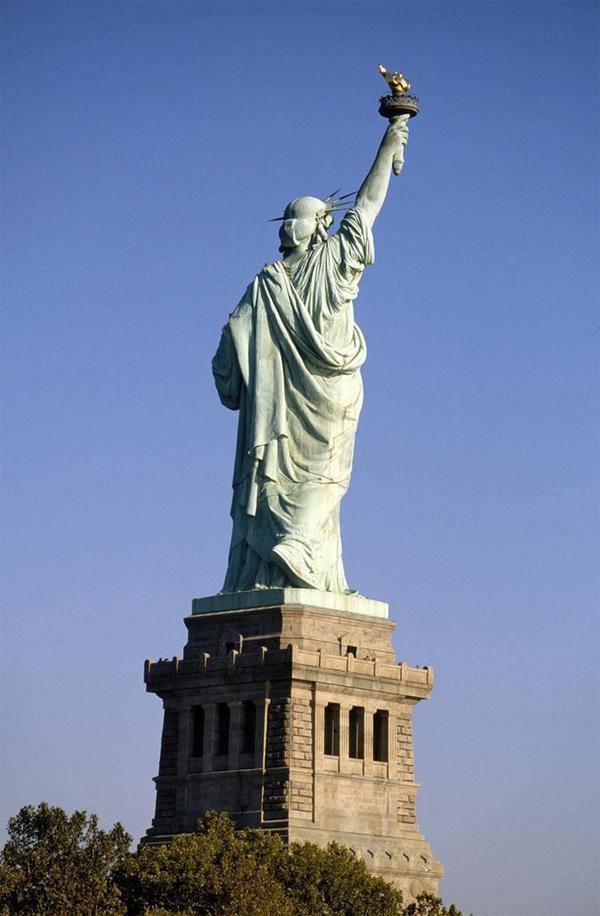
Carol Meaney Halperin
Section-33 (CRN 16555) TR 12:30-1:45
You arrive in my class wearing an obscene T-shirt, which I insist you cover up. Have I violated your 1st Amendment right to free speech? In what ways is the 1st Amendment right to free speech NOT absolute?
I own a tabloid that prints a malicious story about you which destroys your marriage and your career. Do you have a legal case against me? Does it matter if what I printed was true or false?
Can the government snoop on your internet downloads/phone calls/banking records? What if you are a suspected terrorist?
I exhibit my works of art, which you consider deeply offensive. When does artistic freedom become public profanity, and who decides?
These are just a few examples of some controversies and conundrums we will explore in this course, as we wrestle with the central question: Are there certain natural rights that all men share, and does our Constitution really protect them?
We will explore ways we are continually testing our rights and also what life would be like without them. Using texts on political philosophy and Constitutional case histories, documentaries, novels, and art exhibitions, we will consider and debate such topics as the right to self-expression, the implied right to privacy, the right to die, and the proper role of government in business and private affairs.
Labor, Race and the Struggle for Dignity
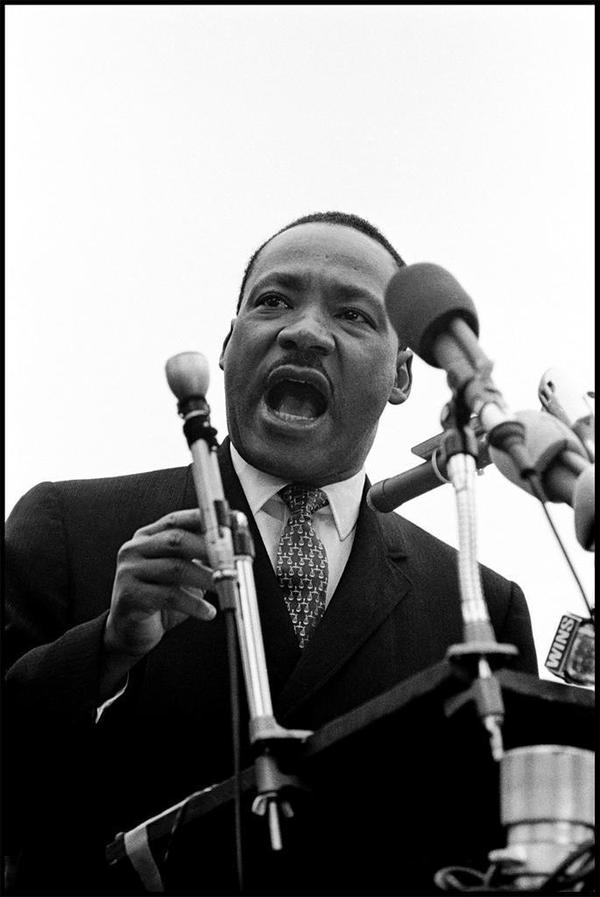
Martin Wolfson
Section-22 (CRN 12571) TR 2:00-3:15
This course will examine the lives of workers and the lives of people of color in America.
It will examine their struggles for dignity and respect, especially as they come together in our nation's workplaces. The perspective will be on people's own stories about the conditions of their daily lives, as expressed in nonfiction, novels, films, and oral histories. The course will also examine the methods that have been used to struggle for dignity, especially the roles of unions and nonviolent campaigns.
The content of the course will focus on three areas: 1) the African-American civil rights movement, especially as it linked up with workers' lives in the campaign of the Memphis sanitation workers in 1968; 2) the Farmworkers' campaign, led by Cesar Chavez, and influenced by the philosophy of nonviolent direct action of Mahatma Gandhi and Dr. Martin Luther King, Jr.; and 3) the struggles of workers in the meatpacking industry, as representative of current labor developments, and especially as related to the issues of interracial conflict and unity.
A requirement of the course is to conduct an oral history with a worker and/or person of color, to understand their life experiences in the context of the issues discussed in the course.
Minority Experiences in American Education
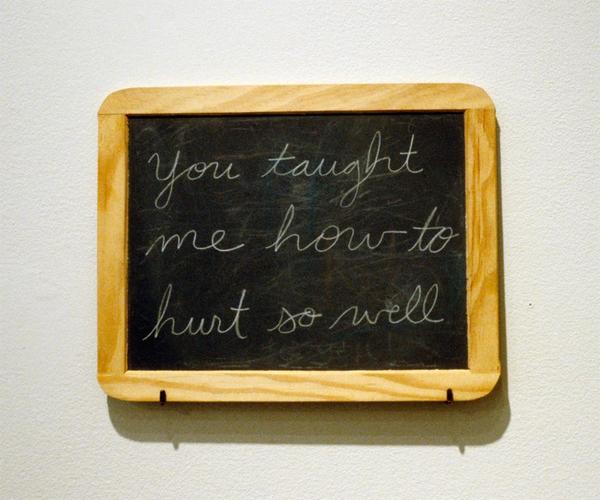
Maria McKenna
Section-11 (CRN 12558) MW 11:45-1:00
The minority experience and place in American education is a central issue related to the roots, foundation, and continued progress of our country.
This course will explore one fundamental question: What are the implications (past, present, and future) of being a minority in the context of the American education system? Clearly, since not all minority experiences within American education are the same we will explore together what factors impact minority experiences in education.
We will examine the social, political, and cultural contexts of different minority groups and geographic areas of the country with an eye towards the implications these contexts have on education. Remaining true to the purpose and format of the College Seminar, we will explore different “texts” (literature, art, music, film, non-fiction) in a primarily oral fashion. Guest speakers will also be a part of the course.
Classic works by the following authors might be included: Anna J. Cooper, Booker T. Washington, W.E.B DuBois, and contemporaries Laurie Olson, Sandra Cisneros, Jean Anyon, and Gloria Ladston-Billings. This is a new seminar for the fall of 2010.
Poverty and Politics
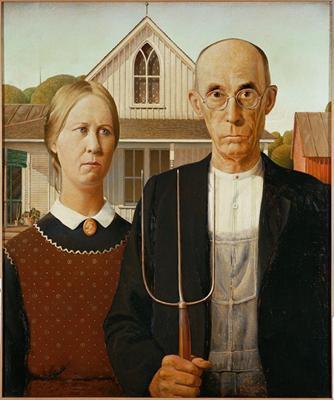
William Lies, C.S.C., and William Purcell
Section-20 (CRN 12569) MW 3:00-4:15
Why are there so many poor people in the United States and why should we care? How is it possible that, with all its resources, the United States of America in the 21st century has one of the highest poverty rates in the industrialized world?
A lack of affordable housing, of living wage jobs, of adequate health care and of quality education has meant that there is approximately 13% of the population living below the poverty line. Political solutions have not adequately addressed this massive social problem.
While looking at the various social issues that bear on the persistence of current poverty levels, this course will focus on approaches that have attempted to address this problem. The issues to be explored include race, immigration, gender, labor, and globalization. This interdisciplinary course will engage works from the humanities, the arts and the social sciences, including, among others, The Jungle, The Working Poor, and readings in Catholic social teaching. Also, integral to the learning process is a community-based learning component, coordinated through the Center for Social Concerns, which will have the students regularly engaging an agency within the local community.
Oral presentations and class discussions will be a primary focus of the student work in this course.
Science Fiction in an American Key: An Anthropologist Looks at the Genre

Paulette Curtis
Section-23 (CRN 15255) TR 5:00-6:15
As a speculative genre, Science Fiction is concerned with the strange, the unknown and the nearly implausible. Nevertheless, it takes its cues from contemporary culture and society.
This course will explore the ways that American science fiction reveals the societal attitudes, ideals, desires and anxieties that are peculiar to an American world view. How have American Science Fiction authors constructed the alien “other” and to what end? What does the military imaginary of authors like Robert Heinlein and filmmakers like Paul Verhoeven say about the American military enterprise? How does the SF vision of authors of color, like Octavia Butler, affect the SF canon and is the SF future as diverse as the present moment? In what ways do authors’ ideas about “culture” and “society” get folded into their stories, and how does this shape not only our notions of strange alternative futures, but what constitutes culture in the present? And, how has SF been adopted as a site of meaning-making for a variety of actors, whether Star Wars fans or Klingon wannabees?
These are some of the questions this course will pose to the readings and films we will analyze, which will include War of the Worlds, Starship Troopers, Kindred, Brother from Another Planet, Planet of the Apes, Star Wars and Star Trek, The Left Hand of Darkness, and the contemporary James Cameron film Avatar.
Science Fiction is not only amenable to literary analysis and it is not only to be seen as a handmaiden of the sciences and technology. It is also a richly textured social phenomenon. The goal of this seminar is to give students the tools that social scientists might use to dissect it as such.
Sports in American Life
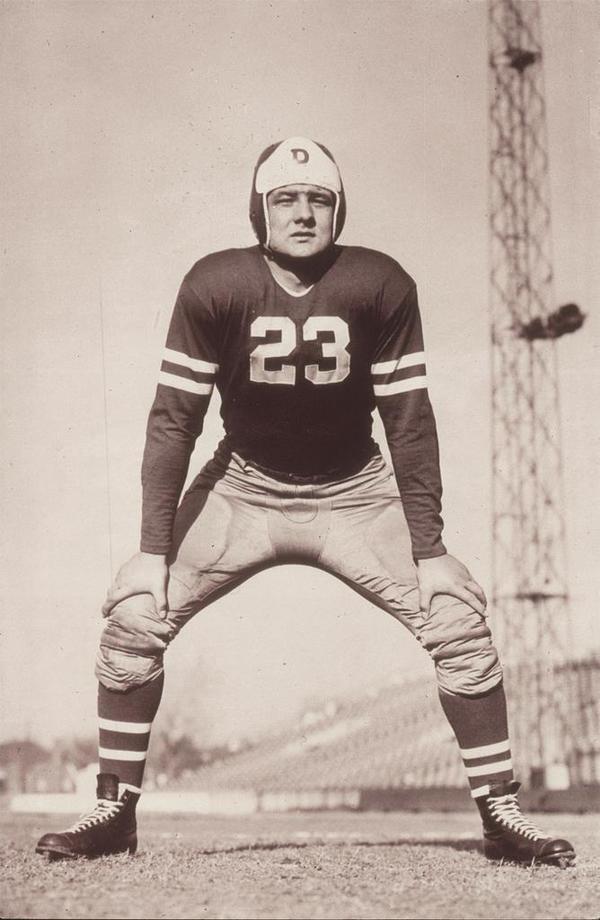
Tracey Thomas
Section-24 (CRN 13412) MW 11:45-1:00; Section-25 (CRN 15256) TR 9:30-10:45
Sports, or organized, competitive physical activity, absorb an enormous amount of American time, energy and money. What is the attraction? And are sports beneficial to us?
While some argue for the psychic and socializing benefits of sports, others claim the opposite, that sports make us asocial and do damage to our psyches. In this course, we will examine the many ways this central cultural institution impacts our lives. We will participate in the ongoing dynamic and passionate discussion in both popular and scholarly media concerning questions such as the impact of organized sports on children, the roles played by both race and gender in our sports culture, the commercialization of amateur sports, the big business of sports, and the rewards for and price paid by the fan.
Along the way, we will look into some history of sports generally , we will read some of the great sports writers of the last 100 years, we will watch some classic sports films, we will examine the role of physical fitness in the lives of non-athletes. In keeping with the College Seminar emphasis, students will develop oral skills through debates, presentations, and opportunities to lead in-class discussions.
Requirements of the course include a final paper and a formal presentation to the class of that project. This is a new course offering.